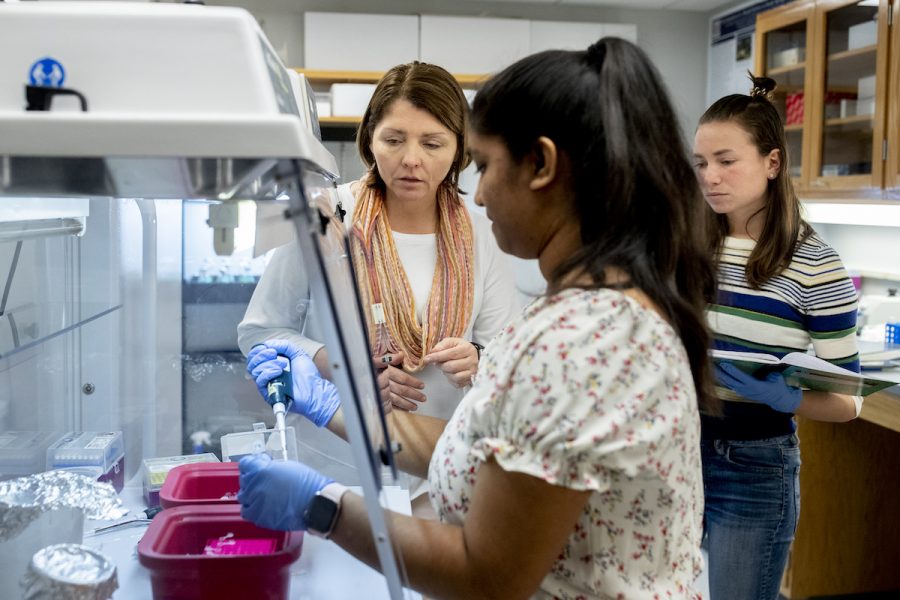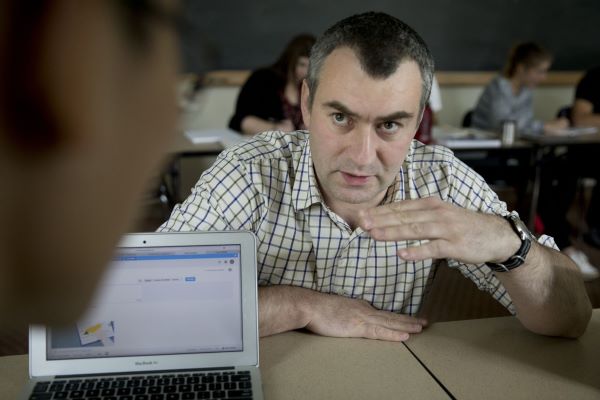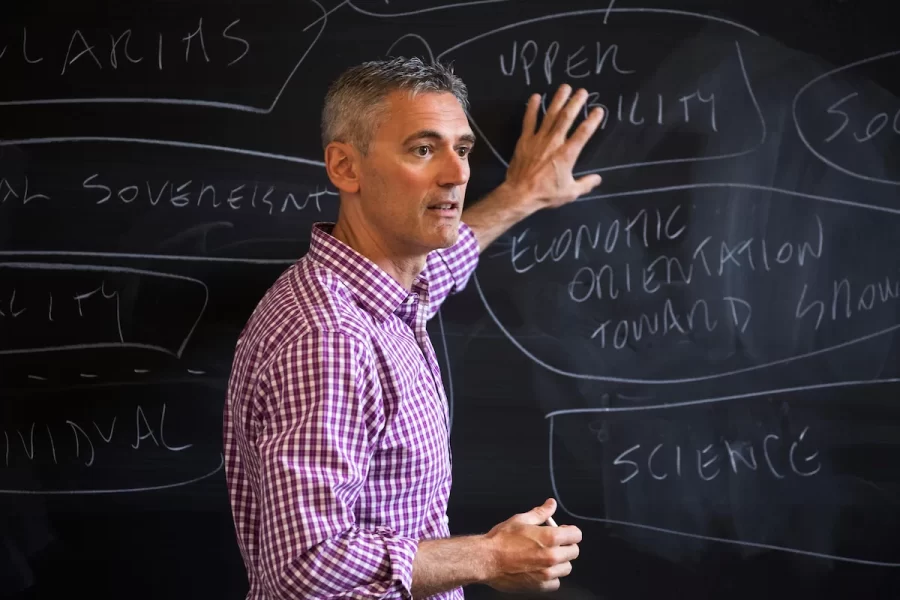Scholarship
Bates seeks to advance excellence in teaching and research, and provides support for faculty throughout their careers, including teaching development programs, leaves and sabbaticals, research and curriculum development, and securing external funding for faculty scholarship.
Funding
- External Grants
- Internal Grants (Funding for Scholarship and Teaching)
- Faculty Grants Management
- Bringing Scholars and Artists to Campus
- Professional Travel Funding for Assistants in Instruction
- Professional Travel Funding for Faculty
Sabbaticals and Leaves
- Information on sabbaticals and leaves for Bates College Faculty.
Mentoring
- Mentoring: For Mentors and Mentees: information and resources for faculty at Bates.
Accomplishments, Contributions, and Engagements (ACE) Annual Report
(formerly the Professional Activities Report – PAR)
Your Accomplishments, Contributions, and Engagements (ACE) Annual Report contributes to our perspective on the scholarly, teaching, and service accomplishments of the faculty that we share with our colleagues, the trustees, and others.
The 2024-2025 ACE report form will be available shortly. Submissions are due by June 15, 2025.
Faculty Expertise
The Bates faculty have far-reaching teaching and scholarly interests. To learn more, click here for an overview of the faculty’s fields of scholarly expertise.
Faculty Spotlight Series
Each week this series highlights the scholarship, achievement, honors, and performances of the accomplished Bates staff. See the latest Spotlight!


